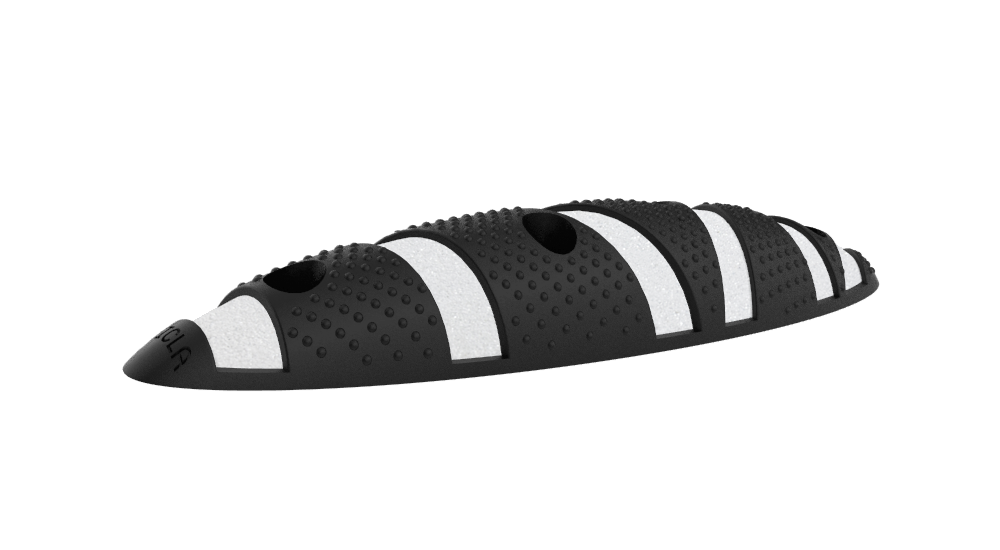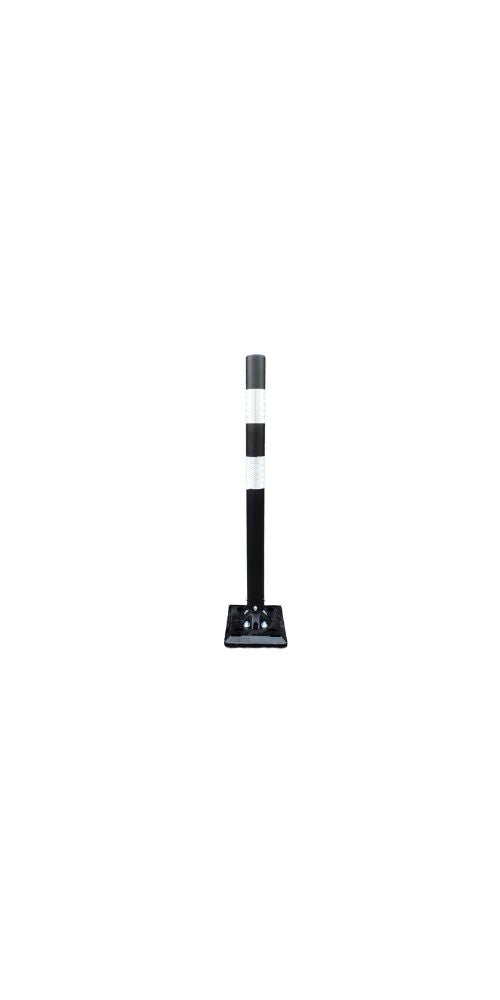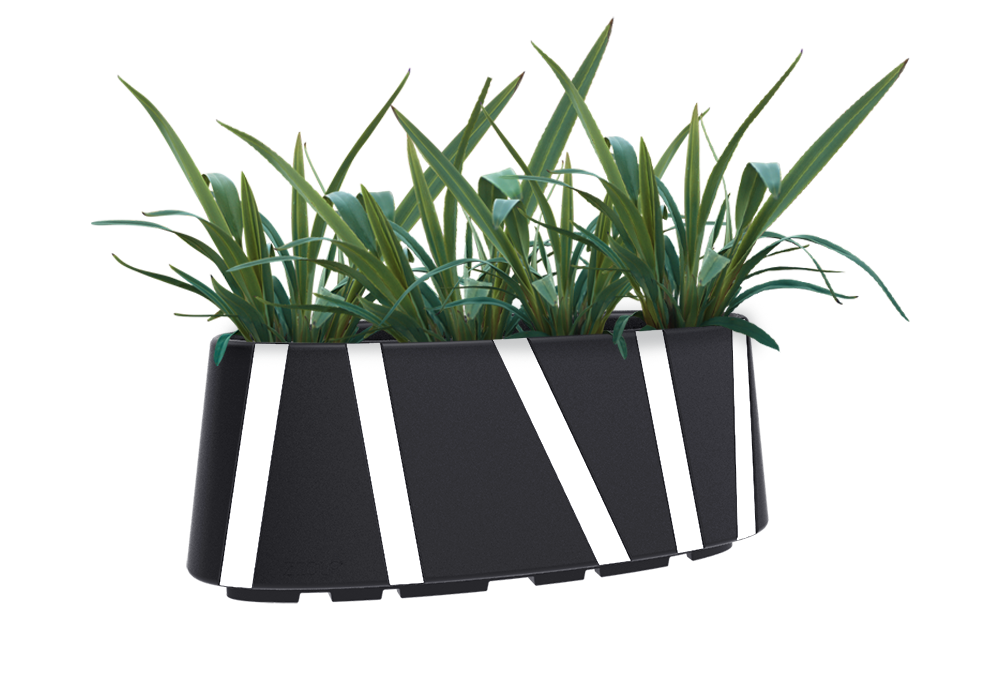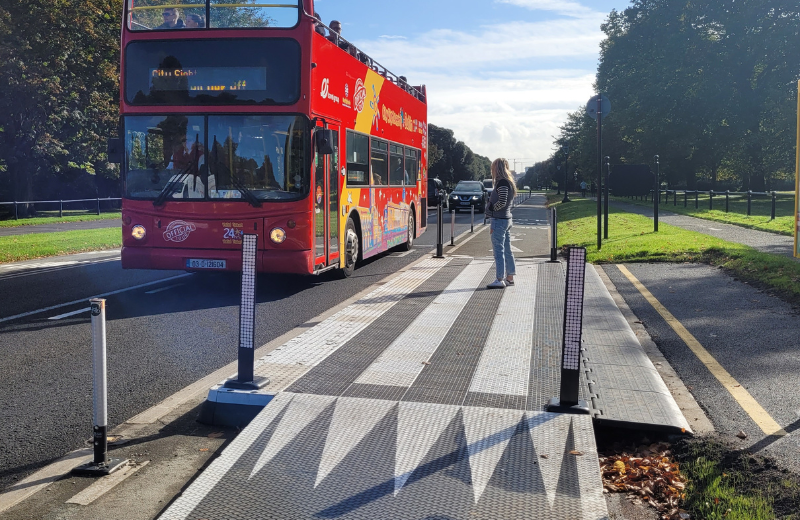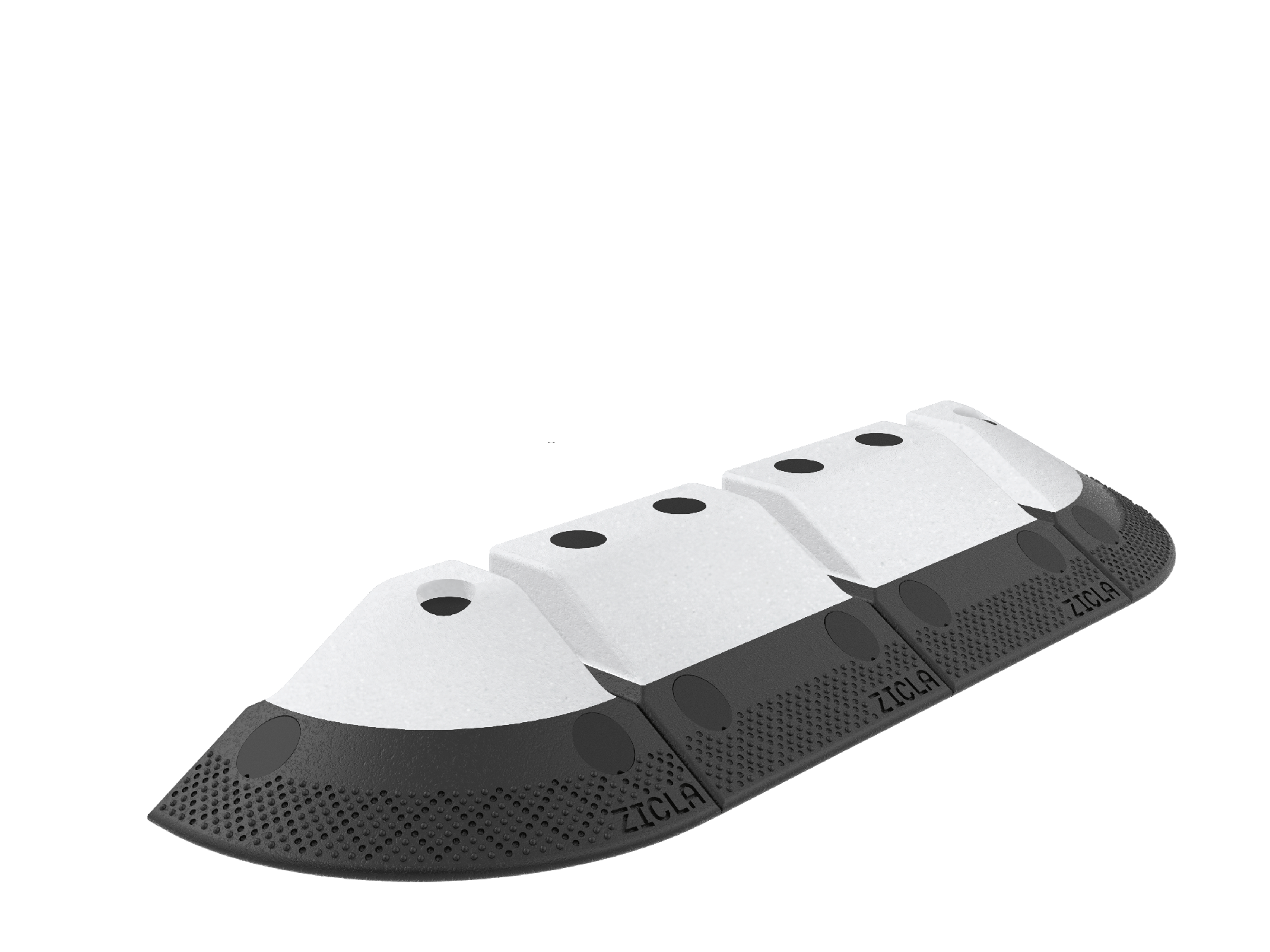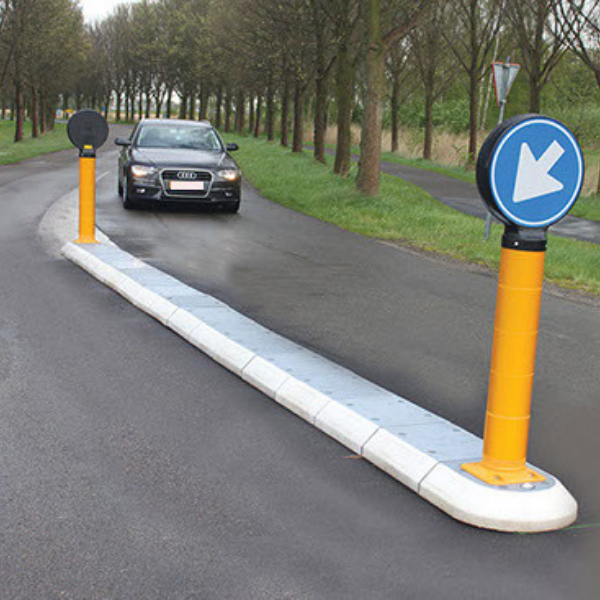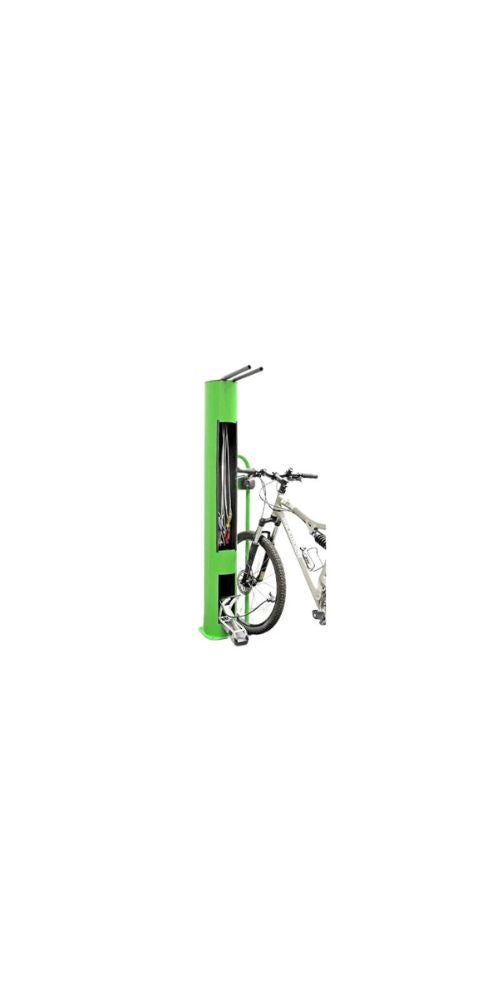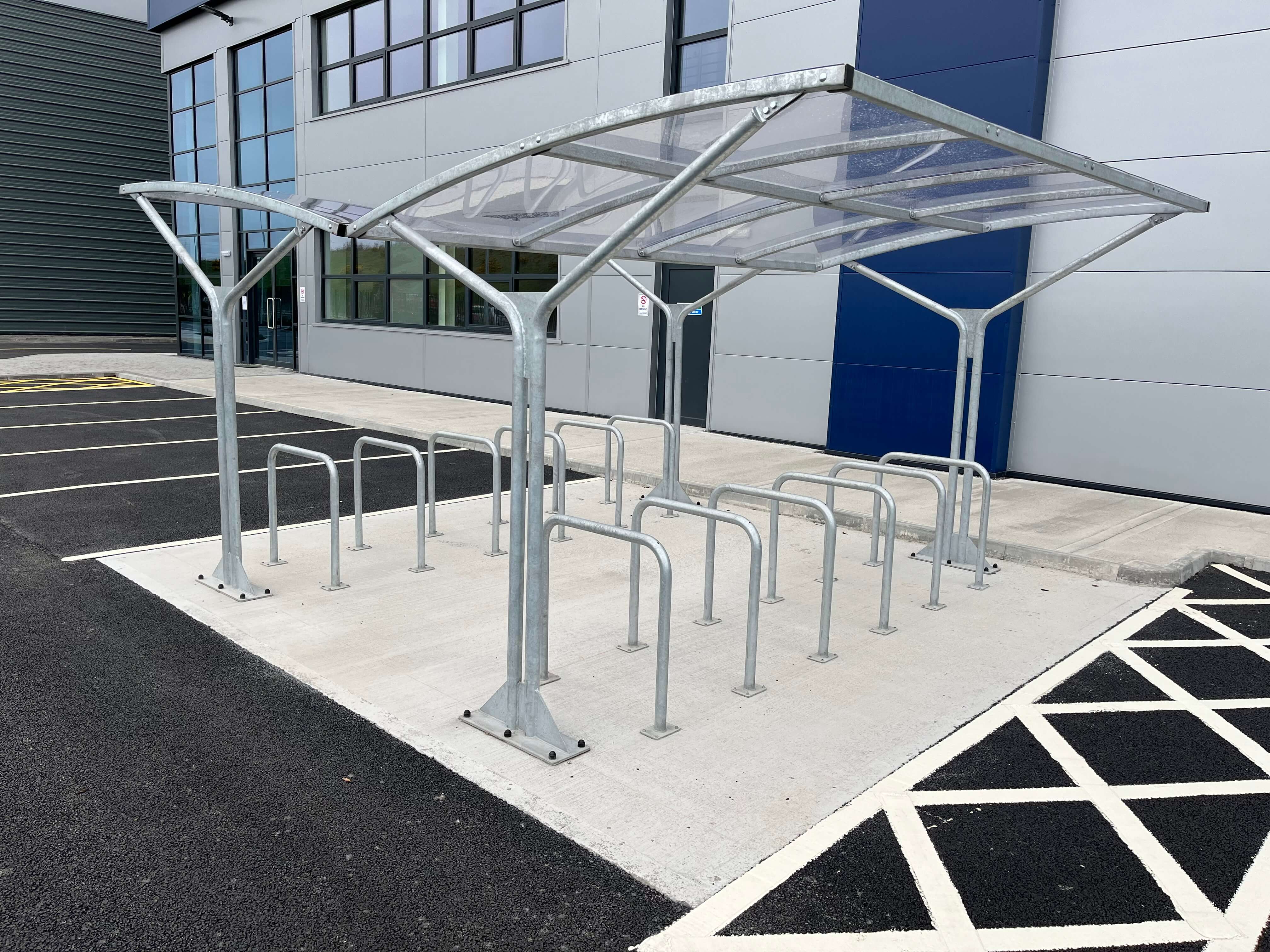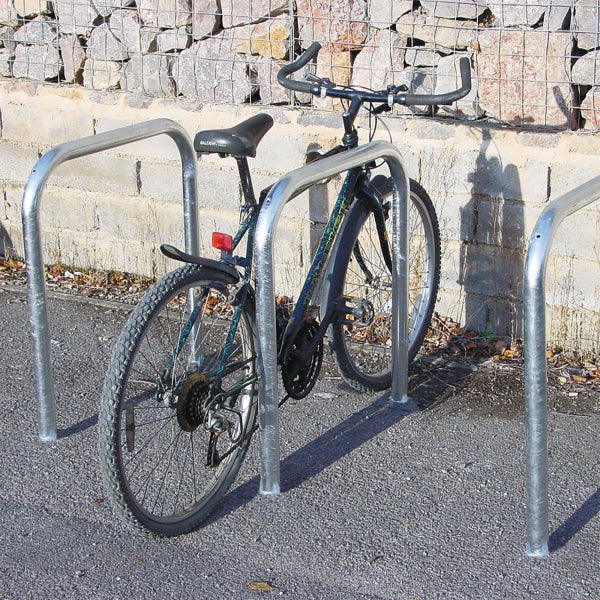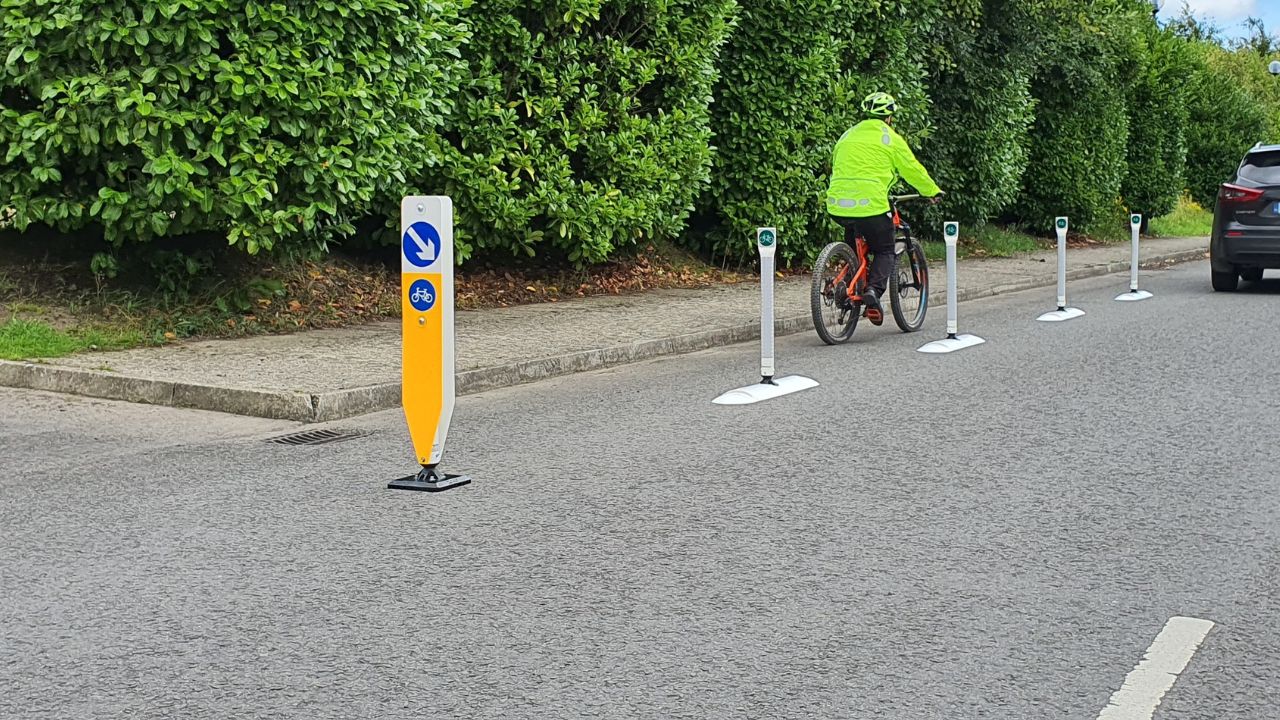
On the Right Track: Upgrading Cycle Lanes for More Sustainable Safety
Cycling should feel like a breeze—smooth, safe, and enjoyable. But often, cyclists face problems that make their journeys anything but relaxed. From poorly placed poles to narrow lanes that barely fit a bike, many cycle lanes are not always cycle friendly. As more people turn to bikes, the need for safe and sensible cycling paths increases.
While cycle lanes have become popular in British towns and cities, many of these lanes are not being used to their full potential. Ensuring we have the best quality cycle lanes is key to improving sustainable travel. This can provide safe, accessible and convenient cycling networks that protect cyclists and pedestrians.
At Pittman, we provide solutions that improve how urban spaces work. Let’s dive into how understanding the needs of cyclists can help us transform these cycle paths.
To get more people to cycle, we need to know what makes a route suitable for everyone. Great cycling lanes need to have a number of key features be functional, inviting and secure. These features are -
- safety
- coherence
- directness
- comfort
- attractiveness.
Actual Safety
Bike lanes must be built to keep users of all ages and abilities safe. This means choosing the right kind of lane for the area and making sure they are free from hazards. For example, on roads with high high amounts of traffic, separated cycle tracks are necessary to ensure safety.
Some products, like the lane separators, cycle lane bollards and planters below, can help with separating cycle lanes from vehicle traffic.
Perceived Safety
Safety isn't just about preventing accidents; it's about feeling safe too. Cyclists must actually feel secure when using the facilities.Good lighting, clear sightlines, and few stops can make a big difference. Design elements that promote visibility and reduce potential conflict points between cyclists and vehicles are vital.
Coherence: Seamless Connectivity
Cycle lanes should be easy to follow, without sudden gaps or confusing changes. Making the lanes easy to navigate with simple transitions ecnourage regular use of the cycle lanes.
Directness: Efficient and Direct Routes
Direct routes save time and encourage more people to choose cycling over driving. The cycle path should be a straightforward route to the destination, with as few delays as possible.
Coherent and direct cycle lane systems can be made using products like the Vectorial® system or Zipper® Zero traffic lane separators below from ZICLA®
Comfort: Enhancing Cyclist Comfort
Comfortable cycle lanes will encourage cyclists to use them more. Comfortable lanes include a high quality road surface, sheltered areas and minimal road hazards.
Attractiveness: Aesthetic and Functional
The attractiveness of the cycle route can boost cycle lane usage. Routes that pass through scenic areas or are made more attractive will be more appealing to cyclists.
The comfort and attractiveness of a cycle lane can be boosted by including bike repair stations, bike shelters and bike stands. This can make the cycle lane more appealing and more functional for regular cyclists.





